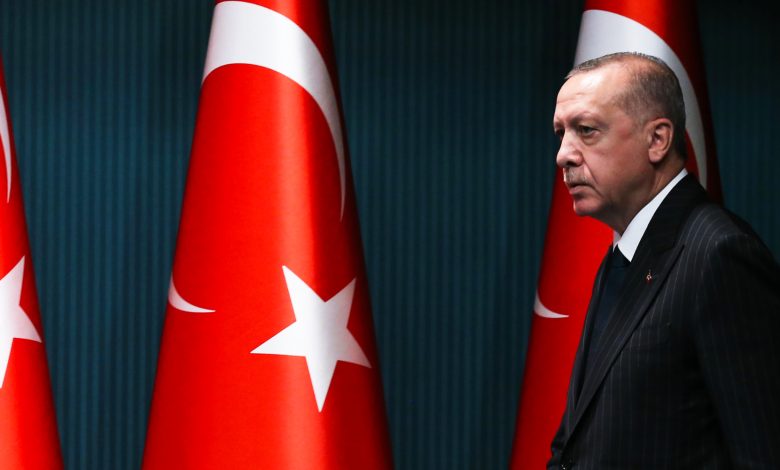Diyanet calls on citizens to donate.. Why?

At a time when Turks are struggling with difficult economic conditions, the Turkish Religious Affairs Presidency Diyanet called on, which many accuse of being the religious arm of the Turkish regime, to donate to complete mosques under construction.
According to the Turkish newspaper Ahval, the budget of Diyanet, which officially appeared in conjunction with the announcement of the Turkish Constitution in 1924, amounts to 16.1 billion lira, which it says is “insufficient”, and Diyanet sent a letter to the offices of the Mufti of provinces, titled: “We need the support of our nation”, fundraising for mosques under construction.
The Turkish newspaper quoted unnamed sources as saying: The Religious Affairs Presidency, whose budget is equivalent to that of 4-5 ministries, has asked citizens once again for money, despite the severe living crisis Turks are experiencing as a result of the deterioration of the Turkish lira and the rise in inflation by nearly 50 percent according to official figures.
In the past few days, Diyanet called on citizens to donate 250 Syrian pounds each “to meet the needs of students who study at Quran memorization courses”, before it was revealed that a new assistance campaign for mosques had been launched.
Diyanet uses mosques to raise money
Mosques have not been spared from the Turkish Religious Affairs Presidency’s fundraising campaigns for purposes that may yet be revealed. In its latest letter, the Presidency of Religious Affairs said: “No mosque will be excluded from fund-raising activities”.
Religious affairs Chief Ali Erbaş traveled to Pakistan on a presidential plane when citizen funds for mosques under construction began to be raised, sparking widespread debate.
Turkey’s religious presidency is widely criticized for interfering in the country’s political affairs and for its ever-increasing budget under the ruling Islamist Justice and Development Party (AKP).
At the time, Diyanet was given a few minor tasks. At the time, Mustafa Kemal sought to remove the clergy from power and to control religious institutions in order to impose rule that is compatible with secular ideas. The Turkish opposition, however, believes that its very existence contradicts the principles of secularism.












